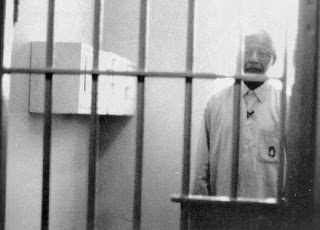I thought that I knew a lot about apartheid in South Africa, but I was wrong. For instance, a lot of the people in South Africa were discriminated against just because they were not of European descent. Also, everyone in South Africa was classified into a certain racial group. Lastly, during the 1960’s to early 1980’s, people were forced to move their homes into different areas of South Africa.
First, many people in south Africa were discriminated against just because they were not of European descent. The people that were of European descent in South Africa did not want the people that weren’t, to have any voting rights. Since most of the people that weren’t of European descent barely had any voting rights to start off, It was very unfair for them. All of this started in 1948, and it finally ended from a series of negotiations that lasted from 1990 to 1993.
Next, everyone in South Africa was classified into a certain racial category. The main ones there were black, white, colored, and Asian. The whites had the most power and made the rules in South Africa. The whites basically discriminated against everyone else. They were not able to vote or go to the same school systems as the whites.
Lastly, during the 1960’s to the 1980’s people were forced to move their group areas to different areas. This was known as resettlement. During resettlement, over three and a half million people were forced to move. Some of the people that were forced to move included labor tenants on white farms, inhabitants of black spots, and surplus people. Resettlement was a sad and terrible event.
So in conclusion, people in South Africa were discriminated against because they were not of European descent, people were classified into certain racial categories, and during the 1960’s to the early 1980’s people were forced to move their homes into different areas of South Africa. After completing this research, I can now see how terrible apartheid is.
By scott martin
























